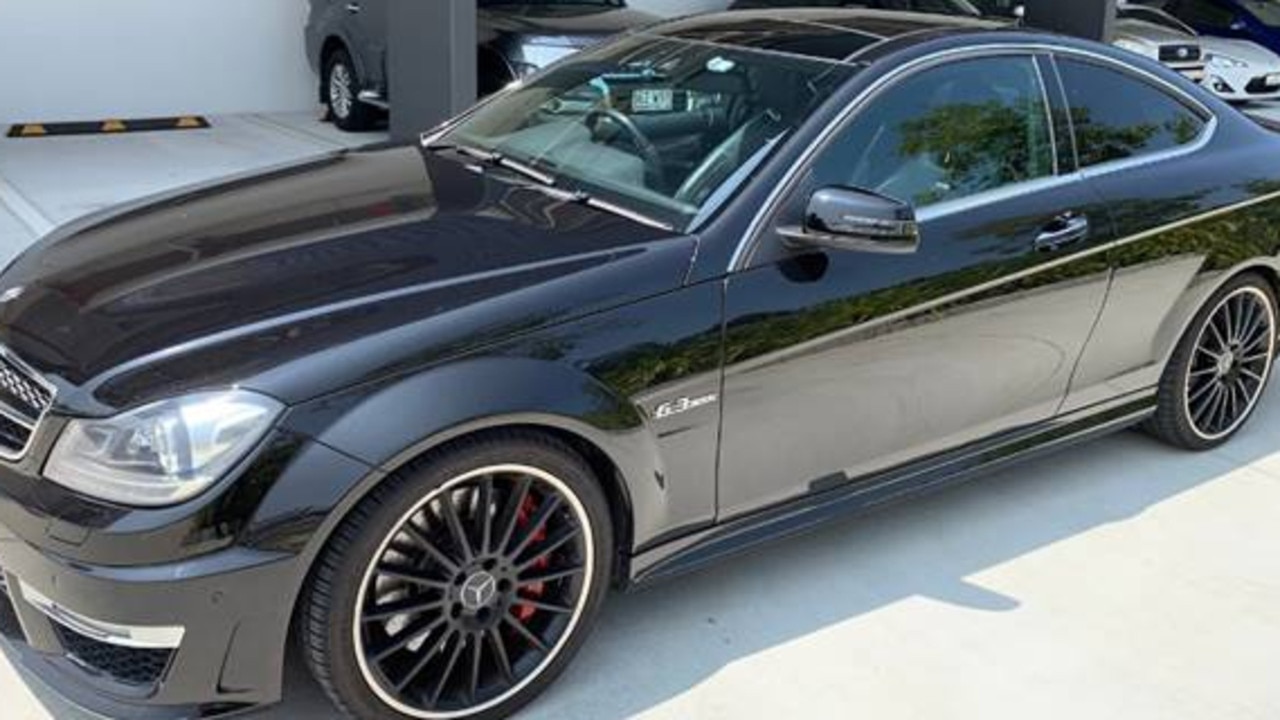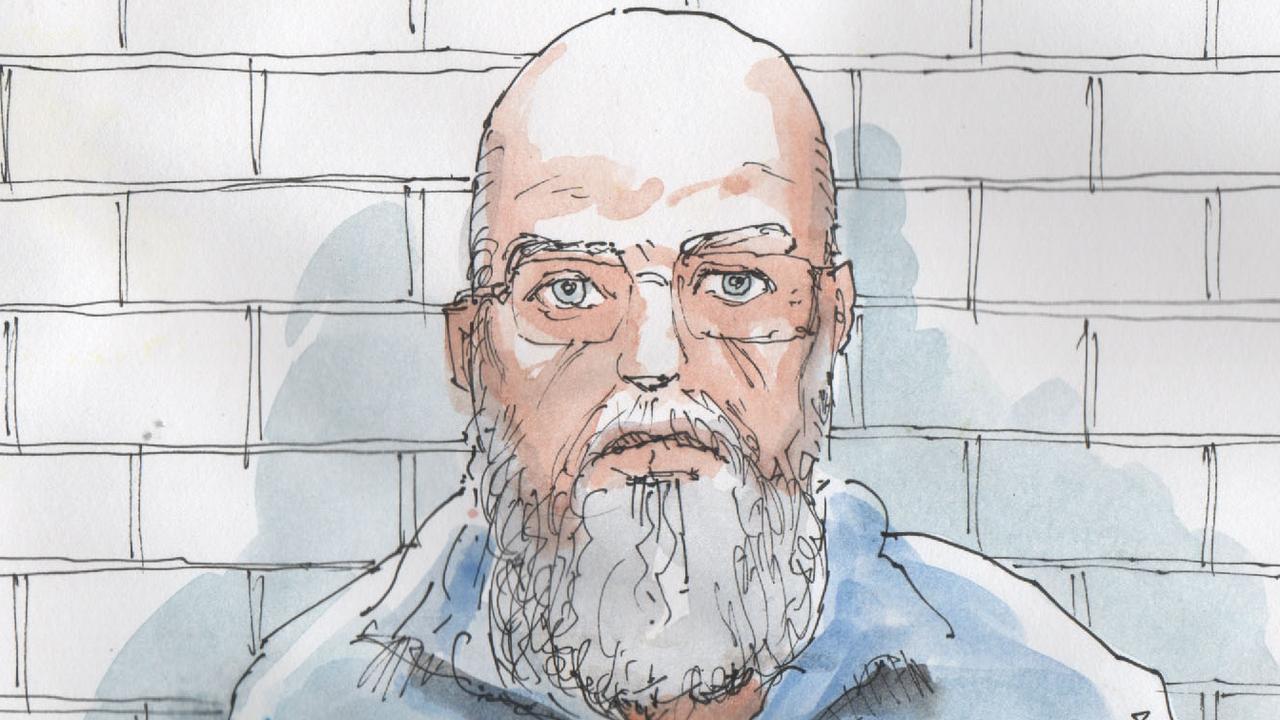SA Police Commissioner pledges ‘different look’ of counter-terrorism officers with long arm weapons
Patrons of major events next year will be protected by a new police rapid response team carrying long-arm rifles. Commissioner Grant Stevens says it’s a different look in the relentless attack on crime.
Law and Order
Don't miss out on the headlines from Law and Order. Followed categories will be added to My News.
Heavily armed counter-terrorism police will patrol major public events next year in what will be a “different look” for many South Australians, says the state’s chief cop who has vowed to continue the “relentless attack” on organised crime.
People attending celebrations such as the Christmas Pageant or football matches at Adelaide Oval will be confronted by members of a new rapid response team consisting of dozens of officers carrying long-arm semi-automatic rifles.

Police commissioner Grant Stevens in an exclusive end-of-year column for The Advertiser, sought to prepare readers for a significant shift from traditional policing methods.
“Members of this section will be specially trained to prevent and respond to terrorism-related incidents, domestic events of a violent nature and to safely manage major events in South Australia,” he says.
“This will be a different look for many South Australians and visitors to our state.
“Officers in this new role will be armed with visible long-arm semi-automatic weapons and will be seen at public events and places where large crowds gather.
“This change has not been undertaken lightly – global trends around terrorism compel us to ensure we are as prepared as we can be and have the capability to ensure safety in our community.”

In July the Government announced $9 million for the new Security Response Section, which will patrol areas deemed at high-risk of terrorist attack and also provide rapid response to any incident.
The funding announcement came after the terrorist attack on Adelaide’s sister-city of Christchurch, New Zealand, in which 51 people were killed and 49 injured.
In addition to members of the police force, the team will also comprise SA Health specialists, including mental health workers, a psychiatrist, psychologist and data analyst.
In March The Advertiser reported that anti-terror police were monitoring more than a dozen SA groups with radical views.
In his column Mr Stevens says that among “core duties” in 2020 includes a “relentless attack” on organised crime and the “devastating impacts” of methamphetamines.
Last week three men were jailed for running the biggest methamphetamine lab in South Australia’s history. Police said the lab in Scotia St, Croydon, was capable of producing 127kg of the drug with a wholesale value in excess of $20 million.
Mr Stevens, who was appointed to an initial five-year term in July 2015, says in his column that frontline policing will also change with the introduction of District Policing Teams, which he says, will “attack the core of problems and challenges” in the community.
“District Policing Teams will work alongside Response Teams, which will be dedicated to responding to urgent calls for assistance,” he says.
“These enhancements will improve response times and increase our focus on crime prevention and reducing recidivist offending.”
Tackling the “scourge” of domestic violence and reducing the number of live’s lost on the state’s roads, presently 107, are also priorities.
“Road safety is much more than just traffic enforcement and I am hopeful our ongoing, strong collaboration with our partners and other stakeholders, including The Advertiser, continues throughout the New Year,” Mr Stevens says.


